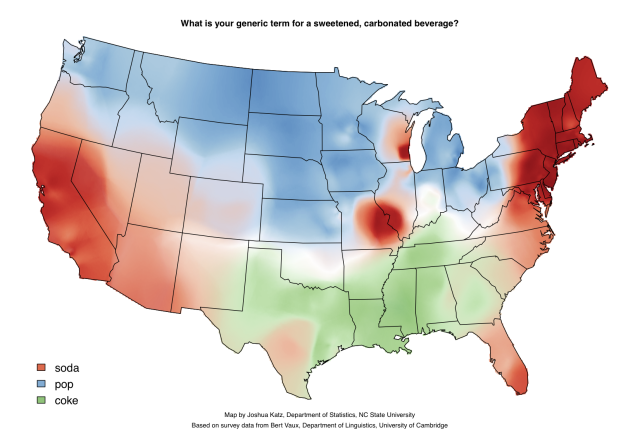R
Ruben
Guest
When you say "I could care less", there is a good chance you mean "I couldn't care less".
What are common things that people say although they mean something else? This could be for example due to an erroneous understanding of a word or phrase or due to conventions of politeness.
What are common things that people say although they mean something else? This could be for example due to an erroneous understanding of a word or phrase or due to conventions of politeness.


